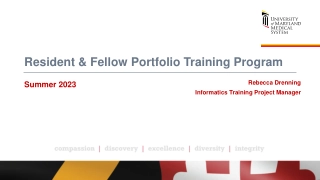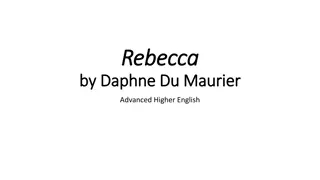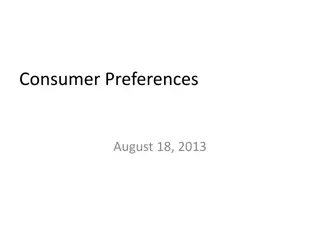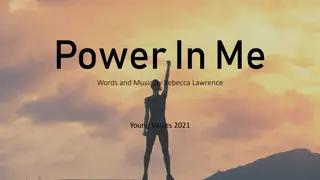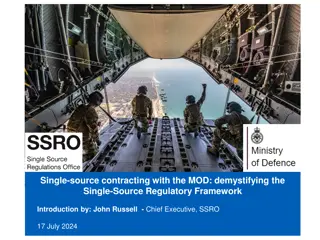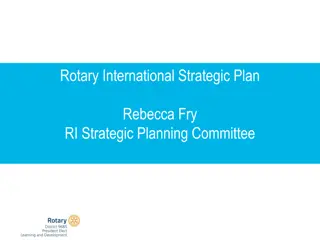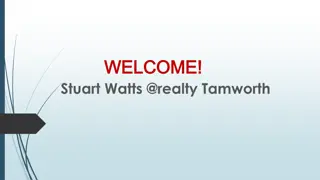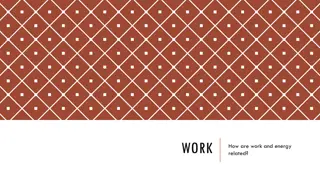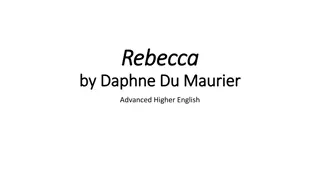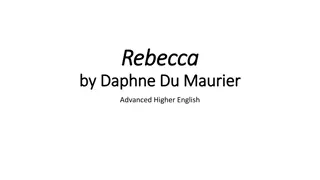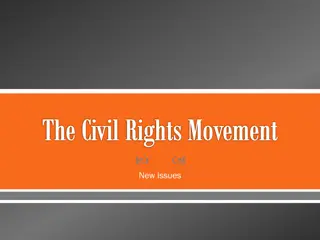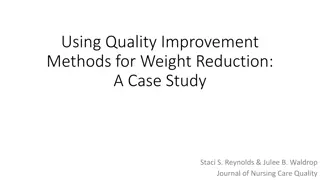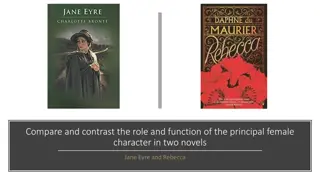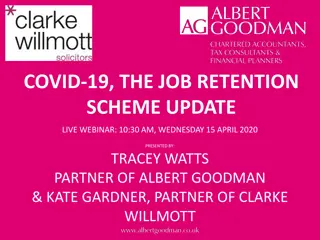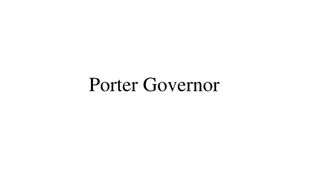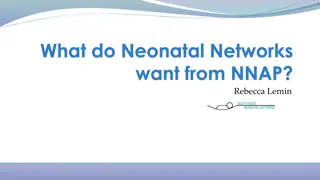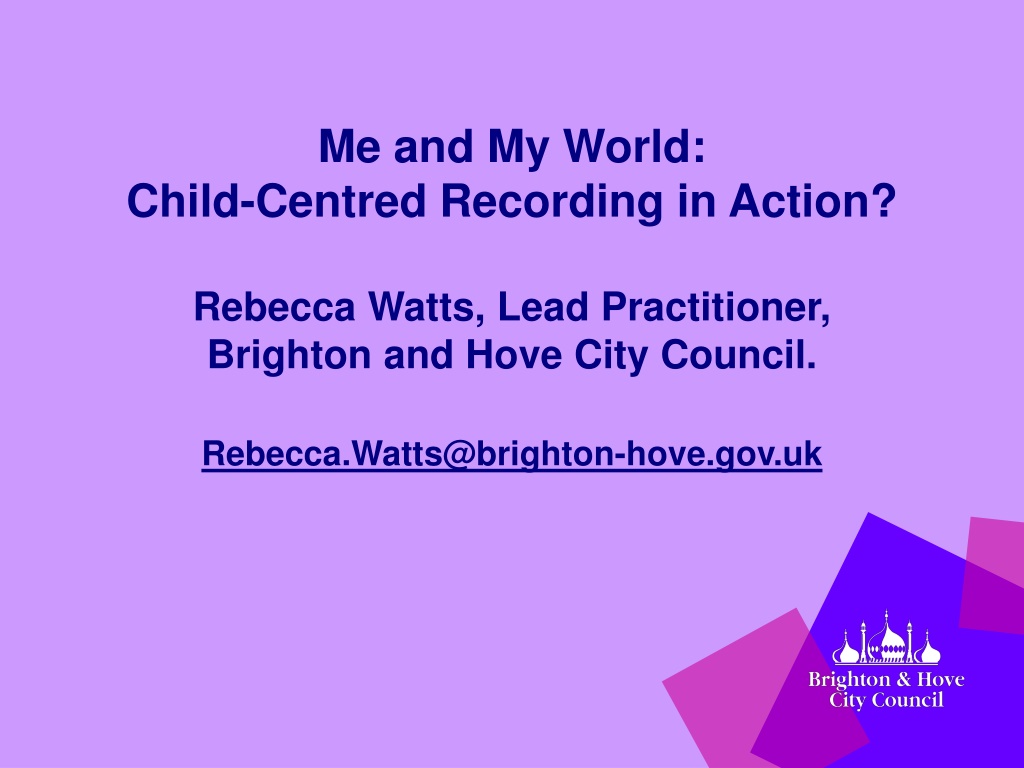
Child-Centred Recording in Action: Enhancing Children's Voices
Explore how the Me.and.My.World recording approach at Brighton and Hove City Council empowers children by capturing their experiences and fostering self-efficacy through relationship-building and tailored communication.
Download Presentation

Please find below an Image/Link to download the presentation.
The content on the website is provided AS IS for your information and personal use only. It may not be sold, licensed, or shared on other websites without obtaining consent from the author. Download presentation by click this link. If you encounter any issues during the download, it is possible that the publisher has removed the file from their server.
E N D
Presentation Transcript
Me and My World: Child-Centred Recording in Action? Rebecca Watts, Lead Practitioner, Brighton and Hove City Council. Rebecca.Watts@brighton-hove.gov.uk
Why Me and My World? A recording system at odds with social work values
What did we do? Relationships Continuity, purposeful interactions, direct work to understand experience, support explanations and capture voice Recording Written to the child, co- produced, narrative specific to child and experiences. Reviews Participation, choice, control to promote self- efficacy and decision-making
Writing to the Child: A Shift in Perspective When I started as an IRO I often used to question who I m writing to when I m writing records, so I think that the Me and My World approach has answered that question very clearly for me it makes us think about how they might have this shared with them and sort of powerfully ties us down to the child s experience (IRO, FG3). We ve got SATS this week and this is her self-soothing way, when she can t calm down to get to sleep she gets her memory box out and in it she s got her letters and she will go over them and she will come into the bedroom to me and say, oh, I did that, oh, did I do that and I m really seeing the benefit of them. And I think for us, it helps, it makes us think, oh, d you know, we have achieved something (FC, FG3.
The child on my shoulder It makes me more consciously connect with the mentalization process, so I think that s what s different and that s what other reports don t trigger in you, so you know, when you re starting that journey of writing the report, you have to sort of put all your focus into the child and their experiences and your perception of their experiences as well, and you re pulling together all these observations as well, so it s an opportunity to sort of take stock of the previous four months and think, yes, what s going well and what have I noticed about you (SW, FG2). I don t write them in the office. It s too formal, it s too distracting in general and I walk away because it is such a shift of mindset and it s something that I feel quite passionate about but I want to be able to just sit down and think about John, Bob or whoever, and just think about them and funny things that have happened, things that they ve done, these little snapshots and I m very much writing to them at that age (SW, FG1).
Childrens Voice: Start of a Conversation I will meet him and read through it, and just kind of read it out loud to him, and I ask that he chimes in with anything that he wants to he s just been like, yes, I really feel you ve got that, and that feels fine to have written that. He kind of talks to it a bit, and it s kind of quite powerful, I think, in terms of that space to be kind of held in mind, and then I can leave him that bit of paper for him to have a think about. (SW, FG). You re probably wondering what the f***k I am doing writing you a letter (excuse my language), as it contradicts my opinion, but I thought instead of just saying thank you I would take some time out of my busy working day and return the favour with something that you would appreciate more. I appreciate all the things you said in the letter, I enjoyed reading it and it really made me feel as though you care. I thought that I would start this by saying thank you, but not just for writing me a letter, I want to thank you for everything .. (YP, letter).
Are we there yet? Ongoing, iterative process that sits in an organisational system responsive to learning, how can we be and do better? Need for greater reciprocity and co-production, the child in their own words, and not the social worker s perspective that is given to the child Broader conceptualisation of the child s world not limited to individualised narratives that focus on feelings and internal states, but capture relationships, communities, identity, race, religion, culture Improved digital platforms which are agile, inviting and mirror the child s world, integrating birth, foster families and professionals over time
Questions for Discussion What are the opportunities to create child- centred records within day-to-day social work practice? What organisational culture and national consensus is needed to support this thinking and change?
Reference Watts, R (2021) Relationships, Reviews and Recording: Developing Practice for Children in Care Practice, 33:3, 207-222


